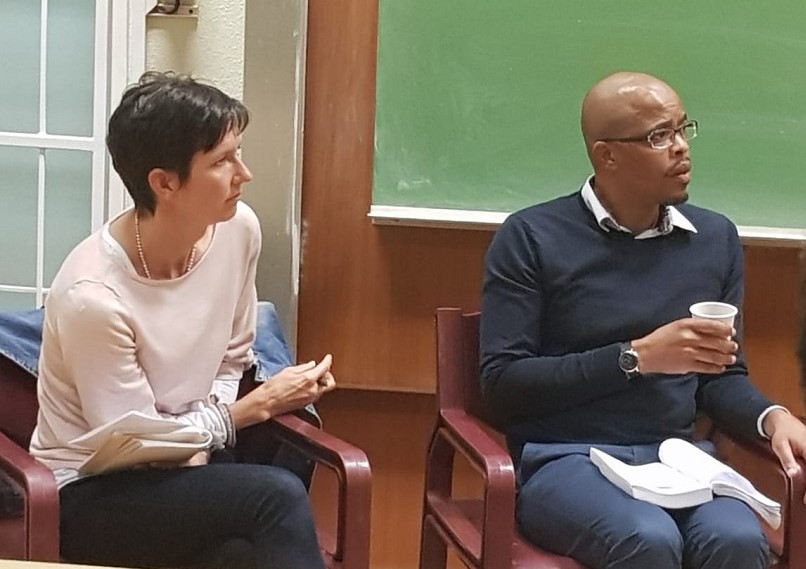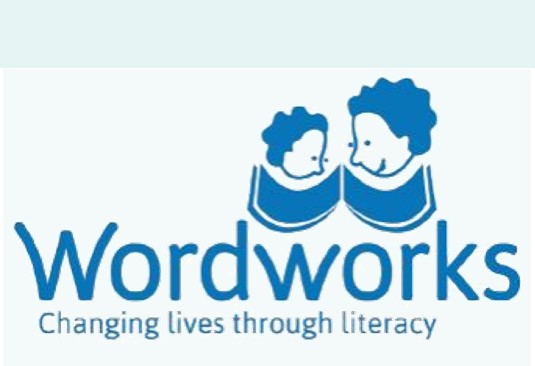Thanks to everyone who participated in the really exciting and intense discussion about the important issue of learning to read in African languages hosted by Education Fishtank and Funda Wande in June. The panel represented a wide range of expertise, experience and passion in the field.
Big themes included: how language and power are interlinked; the complexity and necessity of standardising languages; validating non-standard language use in homes and classrooms; encouraging bi-literacy; the need for local research that informs teaching practice; the importance of looking at literacy beyond the classroom context.
At certain points the discussion drew on linguistics and focussed in on the structure and orthography of different African languages and the implications for teaching and assessing reading development. Panellists agreed that dramatic swings in curricula over the past decades have undermined teachers’ confidence and professional agency.
There was also a strong sense that an integrated and balanced approach to the teaching of early language and literacy was needed, as opposed to the staged learning of distinct skills. A strong case was made for valuing oral storytelling, songs and rhymes in the teaching of reading and writing, and the need for more books in African languages to ensure that children have opportunities for meaningful engagement with plentiful and rich texts.
The panel was united in supporting collaboration between role players in the interests of tackling a catastrophic failure of our system to teach children to read with meaning and to express their ideas in writing.
